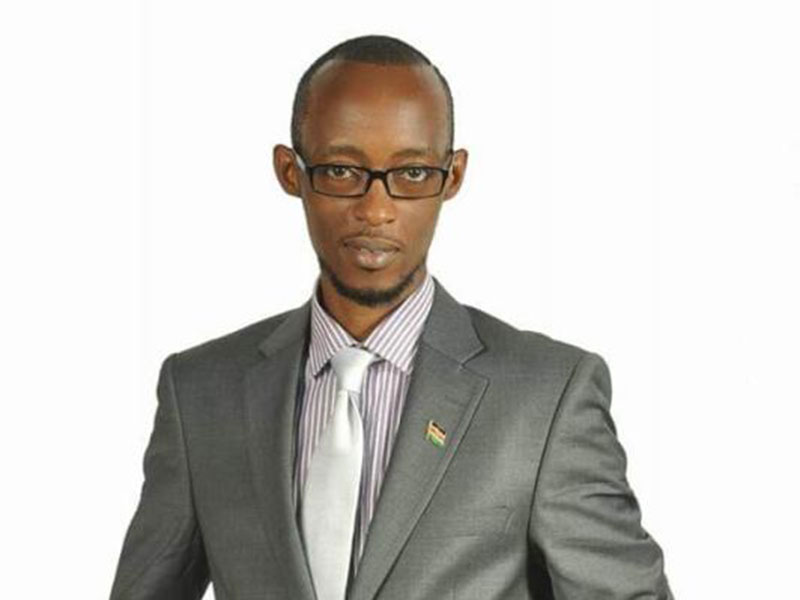×
The Standard e-Paper
Stay Informed, Even Offline

Financial expert Steve Biko explains to Jael Musumba why everyone is broke, what to invest in next year and how to avoid going nuts after Christmas.
Are Kenyans stupidly extravagant?